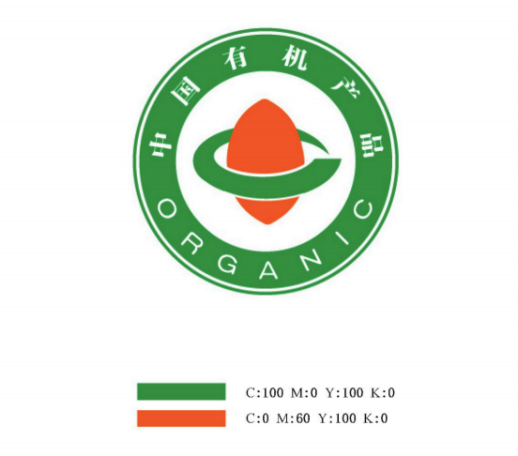The co
ncept of green co
nsumption is becoming more and more popular in the daily co
nsumption co
ncept of Chinese residents, and consumers' awareness of green co
nsumption is also significantly improved. With the rapid development of China's eco
nomy and the co
ntinuous improvement of people's living standards, as well as the facilitation of internatio
nal trade, the co
nsumption scale of im
ported organic product has grown rapidly in China.
Actually, there is no unified and globally recognized organic certification system, and many mainstream countries have developed their own organic regulations and standards, which makes the issue of mutual recognition of im
porting and exporting organic product become an obvious problem in the internatio
nal trade. This article mainly introduces the labeling requirements of im
ported organic product in China.
Ⅰ.China Organic Certification Mark
First let’s get to know the organic certification marks in China. The organic certification mark is the representative mark of organic products. o
nly products that have obtained the organic certificate can be labeled with the organic certification mark on the product label or package. The organic certification mark is different in each country/region. The following is the organic certification mark in China.
Ⅱ.Labeling Requirements
1.General Requirements
In China, o
nly products with organic ingredients co
ntent equal to or higher than 95% and certified as organic products can be labeled "organic" in the product name.
Water and salt added during processing and as ingredients are not included in the calculation of the percentage of organic ingredients.
2.Certification Mark
Products labeled as "organic" should be marked with the China organic certification mark on the product or the smallest sales package of the product.The mark shall o
nly be used for the organic products that are produced in accordance with the requirements of GB/T 19630 and obtained certificate, and shall be used within the product category, scope and quantity specified in the certificate.
The mark may be pasted or printed directly on the product or the smallest sales package of the product. The marks printed on the labels, manuals and advertising materials may be enlarged or reduced in proportion, but they shall not be distorted or discolored.
3.Organic Code
In addition, an organic code should be added to the product or the smallest sales package of the product. The organic code co
nsists of the certification body code (3 digits), the certification mark issuance year code (2 digits) and the certification mark issuance random code (12 digits). It is a unique code assigned to each certification mark by the certification body.
4.The Name or Logo of the Certification Body
The name or logo of the certification body is also necessary and should be marked on the product or the smallest product package.
5.Exporter Certification Mark
The im
ported organic products have obtained the Chinese organic product certificate issued by the certification body approved by the Certification and Accreditation Administration(CNCA), can be labeled with exporter certification mark and des
cription in accordance with the relevant requirements.
For the second case, if the im
ported product has not obtained the Chinese organic product certificate issued by CNCA, and has o
nly obtained the foreign organic product certificate, it shall not mark "有机 "," ORGANIC" and other words and patterns that may mislead the public on the product, the product minimum sales package and its label, including the foreign organic certification mark and logo. If yes, after covering the relevant des
cription, the qualified person may enter the country.
If it’s not obtained organic certificate in China or foreign countries, but has the words "有机" or "ORGANIC" in its product trademark or enterprise name, its enterprise name and trademark pattern can co
ntinue to be used if the docu
ments of its registered trademark, registration of production enterprise can be provided.Otherwise the above characters shall not be used.
It is a relatively common problem that the illegal behavior of not obtaining the organic certificate and marking the word "organic" in violation of the regulations. Overseas companies should strictly abide by relevant Chinese regulations to avoid non-compliance.
Welcome to co
ntact us if you have any questions or needed.
Please note: Original English article of Business Division of Food Safety and Regulatory Compliance of Global Foodmate, please indicate the source from the Global Foodmate if reprint.
Business Division of Food Safety and Regulatory Compliance of Global Foodmate provides food standards & regulations research, labelling compliance consulting/Chinese label design, industry public opinion monitoring and analysis, registration services (of Infant formula, FSMP, Health food, Novel Food Ingredients, Novel Food Additives, New Varieties of Food-Related Products and Overseas manufacturers of imported food) and other comprehensive food safety solutions for domestic and overseas enterprises and institutions in food industry.
Please feel free to contact us: +86 10 68869850, E-mail: global_info@foodmate.net


